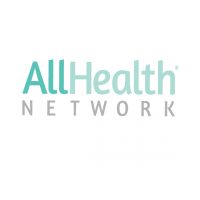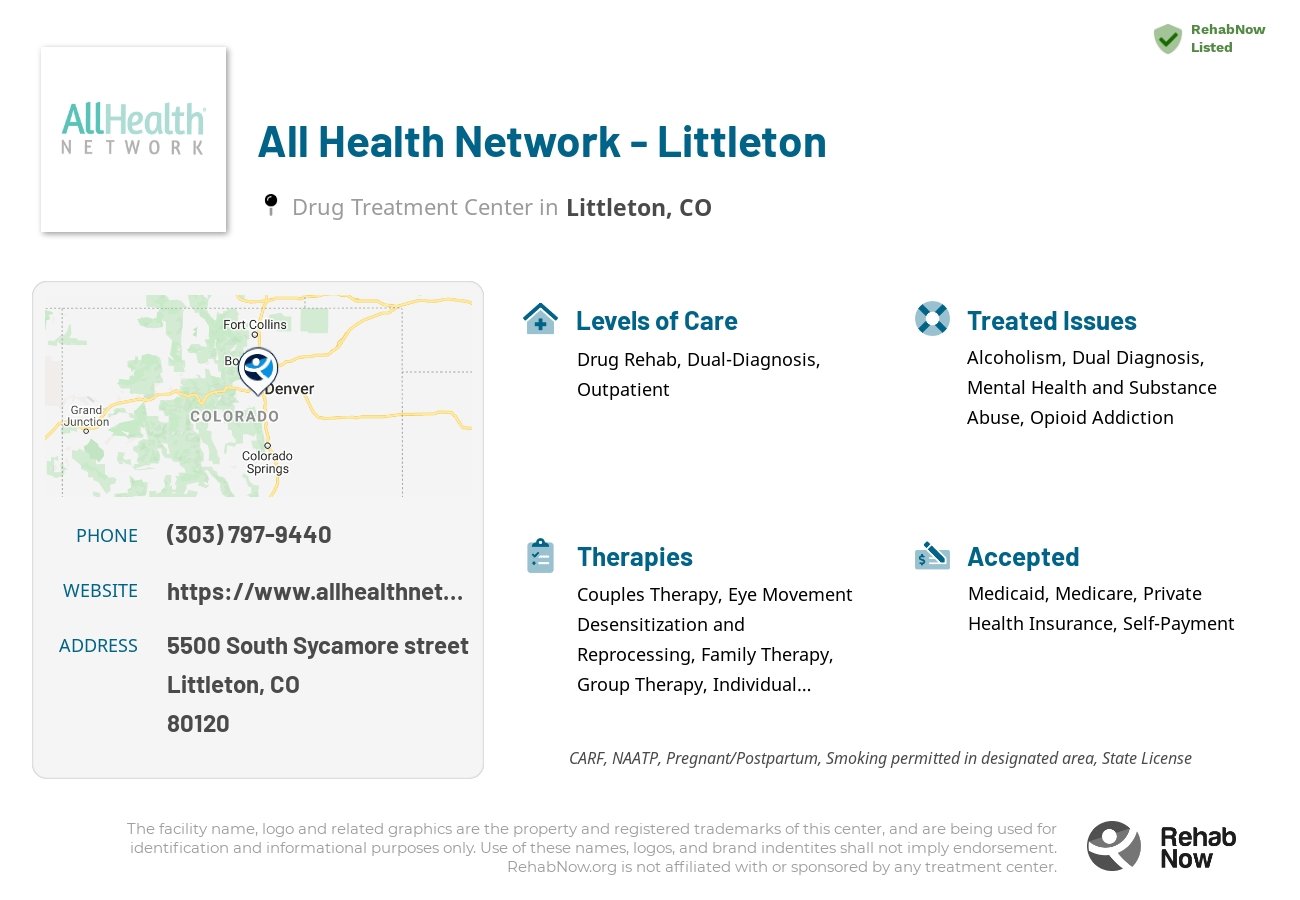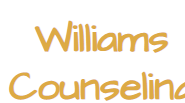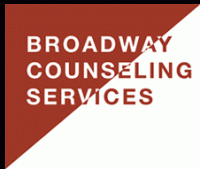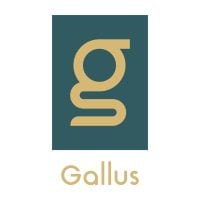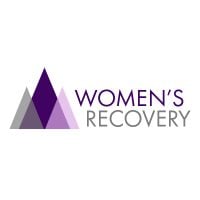All Health Network - Littleton
Drug Rehab Center in Littleton, Colorado
All Health Network – Littleton is an accredited mental health facility offering comprehensive treatment of various issues and addictions, with LegitScript-accreditation and private health insurance acceptance, utilizing a range of therapeutic modalities and residential, long term, and outpatient treatment options.
About All Health Network - Littleton in Colorado
All Health Network in Littleton, Colorado, stands out for its comprehensive approach to combating substance use and mental health issues. With a rich history since 1955, this facility leverages evidence-based practices, including cognitive behavioral therapy (CBT) and EMDR, to support individuals of all ages in their recovery journey. Its dedication to the community and array of clinical services make it a unique choice for those seeking help.
- Utilizes a wide range of evidence-based practices to ensure the most effective treatment for each individual.
- Offers a comprehensive suite of services, including individual, group, and family therapy, tailored to meet the unique needs of each patient.
- Accredited by LegitScript, All Health Network - Littleton provides quality and reliable treatment for those struggling with substance use and mental health issues.
The facility specializes in treating a variety of addictions and issues, including alcoholism, opioid addiction, drug addiction, and dual diagnosis conditions. With a focus on using methods like CBT and trauma-informed treatments, they offer levels of care ranging from outpatient programs to more intensive treatments, ensuring a personalized approach to recovery.
Genders
Ages
Modality
Additional
Accreditations

LegitScript
Conditions and Issues Treated
With so many people addicted to opioids, we need to help those who want to quit. The cycle begins when opioid addicts take opioids for a painful injury. When someone starts taking their medication differently or in excess, it means they’re addicted and at risk of overdosing.
In , detoxing from these types of treatments is the most effective way to beat this. Most facilities begin with medical assistance and then provide counseling services; rehabilitation follows after successful treatment.
Dual diagnosis refers to someone who has both an addiction and a mental or emotional illness. Dual diagnosis treatment includes therapy for both issues simultaneously, allowing for effective treatment of either.
Sometimes people with addiction disorders also have co-occurring disorders like depression, anxiety, bipolar disorder, etc. These require specialized treatment programs that address both drug and alcohol addiction as well as psychiatric illnesses. Some rehabilitation facilities provide patients with co-occurring disorders a program with highly integrated services and a clean, distraction-free environment.
Levels of Care Offered
This center offers a variety of custom treatment tailored to individual recovery. Currently available are Drug Rehab, Dual-Diagnosis, Outpatient, with additional therapies available as listed below.
Alcohol or drug addiction, or co-occurring disorders, are treated in an outpatient program. The patient must attend therapy and other programs at the facility but can return home each night.
Outpatient treatment allows recovering addicts to live at home while receiving addiction treatment. Outpatients can attend group sessions for a few hours per week. Outpatients may also continue to work full time and study/attend school without interruption if they choose.
Therapies & Programs
Different people react differently to various treatment options. Some drug rehabilitation centers offer individualized treatment that caters to the specific needs of a drug addict. The best treatment option varies on an individual depending on the type of drug abused, life history, medical condition of the person, social circumstances, and the environment they live in now.
When a person enters drug rehab, they usually have anti-drug associations such as withdrawal symptoms, stress, cravings, etc. The first step of drug rehab is to detoxify the body from any residual substances in it. Drug rehabilitation centers usually employ trained medical professionals to help in this process. Usually, the initial detoxification lasts for five days, where the person is monitored under close supervision.
Couples therapy is a treatment method used to help couples in which at least one member of the couple has a drug addiction. The treatment is designed to help the couple strengthen their relationship to minimize the effects of drug addiction on their lives and promote healthy communication between them.
Couples therapy can be used whether the addicted partner is using drugs or in recovery. It helps the couple create healthy communication and coping skills to minimize the problem-solving abilities of one partner, which can then be directed at solving issues related to their addiction. It also helps couples address problems that may be related to drug addiction. Couples therapy can help couples feel like a team and not feel like their partner is the problem.
Couples therapy is very challenging for both the drug addict and their partner. It requires an intense commitment between the two individuals to participate in the sessions and the homework assigned between sessions.
An additional benefit of couples therapy is that it can help make other types of treatment, such as 12-step programs, more effective.
Family therapy sessions typically involve the addict and their family members. During these sessions, a therapist will work with everyone involved to help them understand addiction and find healthy ways of coping without substance abuse.
Some addicts might feel embarrassed about their substance abuse problems. By encouraging family members to attend these sessions, therapists can show addicts that they’re not alone in dealing with addiction. Therapists can also work with family members to help them understand addiction and learn how to offer support and encouragement to their loved one as they deal with substance abuse issues.
Attending group therapy at All Health Network - Littleton in , is a useful way for those seeking sobriety to realize they aren’t the only one going through it.
This is when a group of people on different recovery phases get together and talk about what they’re going through, their triggers, successes, and failures. This can include alternative types of therapies too! Group therapy may occur on an outpatient or inpatient basis with groups that have no pre-existing relationships outside the session, unlike support groups where everyone already knows each other beforehand.
Trauma therapy is a form of therapy used to help people process and understand past traumas. This can help struggling addicts, as many people turn to drugs or alcohol to mask the pain of their past. Trauma therapy can be done in several ways, such as through visualization, discussion, and writing down thoughts and feelings. The goal is to help the individual understand why they are having problems coping with certain situations and changing how they think and react to things. This is often done in tandem with other therapies to treat the underlying issues associated with addiction.
The idea behind trauma therapy is that while some people can experience traumatic events and not have lasting psychiatric symptoms, many others will. In these cases, memories get hidden from consciousness but continue to influence how the person processes and copes with things in their life. They may avoid situations that resemble what happened or become suddenly angry or irritated to a situation that reminds them of a past event. With the help of a therapist, people can go back over memories and experiences. This helps them understand why they are having problems coping with certain situations and changing how they think and react to things.
Cognitive Behavioral Therapy is a type of psychotherapy that helps people address the thoughts and behaviors that may have led to their addiction. It also helps change negative thoughts into positive ones and promotes healthy communication between addicts and those around them. CBT is an efficient treatment for individuals suffering from all sorts of addictions.
Cognitive Behavioral Therapy (CBT) focuses on the underlying thoughts and behaviors that caused the problem of addiction in the first place and may cause a relapse. Negative feelings are common in drug abuse disorders, but they can lead to co-occurring disorders if not recognized. CBT involves strategies that help to change the behavior pattern by restructuring negative thoughts into positive ones. It helps to remove these feelings, and it provides long-term benefits. Also, CBT promotes self-awareness, self-control and can be administered as a mono-therapy or as part of combination therapy.
Eye Movement Desensitization and Reprocessing (EMDR) is a treatment modality used with patients suffering from post-traumatic stress disorder (PTSD) or drug and alcohol cravings. EMDR is considered to be a form of cognitive-behavioral therapy (CBT) and exposure therapy. It is believed to help patients reprocess their memories, thoughts, and emotions to heal from the trauma of their experience.
Payment Options Accepted
For specific insurance or payment methods please contact us.
Is your insurance accepted?
Ask an expert, call (888) 674-0062
All Health Network Associated Centers
Discover treatment facilities under the same provider.
- AllHealth Network - Dransfeldt in Parker, CO
- All Health Network - Parker in Parker, CO
- All Health Network - Castle Rock in Castle Rock, CO
- AllHealth Network - Sycamore in Littleton, CO
Learn More About All Health Network Centers
Additional Details
Specifics, location, and helpful extra information.
Littleton, Colorado 80120 Phone Number(303) 797-9440 Meta DetailsUpdated April 15, 2024
Staff Verified
Is All Health Network – Littleton a LegitScript Verified Treatment Facility?
According to our most recent records, we have found this center to be LegitScript verified.
All Health Network - Littleton Patient Reviews
There are no reviews yet. Be the first one to write one.
Littleton, Colorado Addiction Information
The Centennial State has slipped to a ranking of 12th in the country for drug abuse. Each year around 24% of the state's population uses illegal drugs while nearly 5% of its population abuses alcohol. Substance-related deaths in Colorado were responsible for 15.12% between 2008 and 2017. Fortunately, Colorado drug and alcohol addiction treatment are available to help a person overcome addiction.
In 2017, there were 479 reported drug abuse cases in Littleton, CO. About 9% of the population is addicted to drugs. Littleton's most commonly abused drugs include marijuana, prescription painkillers, and cocaine. High rates of drug addiction have led to increased crime rates and decreased quality of life. Patients and their families can be a good source of information about the quality of care at a treatment facility.
Treatment in Nearby Cities
- Cortez, CO (248.9 mi.)
- Center, CO (141.8 mi.)
- Palmer Lake, CO (34.6 mi.)
- Parker, CO (15.1 mi.)
- Lamar, CO (166.8 mi.)
Centers near All Health Network - Littleton
The facility name, logo and brand are the property and registered trademarks of All Health Network - Littleton, and are being used for identification and informational purposes only. Use of these names, logos and brands shall not imply endorsement. RehabNow.org is not affiliated with or sponsored by All Health Network - Littleton.
